500 B.C.E. - 0 C.E.
Classical Period
The Beginning of the Period
In 509 B.C.E, Rome became a republic as a result of the Republican Revolution. After overthrowing the king, the people unified many city-states under one republic, where male citizens can participate in government.
In 509 B.C.E, Rome became a republic as a result of the Republican Revolution. After overthrowing the king, the people unified many city-states under one republic, where male citizens can participate in government.
500 B.C.E
I
I
I
I
494 B.C.E.--------------
I
I
I
I
I
I
I
I
I
451 B.C.E.---------------
I
I
I
I
I
I
I
I
390 B.C.E.----------------
I
I
I
I
I
I
I
I
312 B.C.E. -----------------
I
I
I
I
I
I
I
I
I
I
I
I
I
264-146 B.C.E. ------------------
I
I
I
I
I
I
I
I
I
I
I
I
I
I
I
I
I
I
60 B.C.E.-----------------
I
I
I
I
I
I
I
I
I
44 B.C.E. ------------------
I
I
I
I
I
I
I
I
I
I
I
I
I
I
0 C.E.
The End of the Period
In 27 B.C.E., Octavian, the nephew of Julius Caesar, becomes the first emperor of Rome, and takes the name Augustus Caesar. "Pax Romana" begins with peace and prosperity in the newly founded Roman Empire.
I
I
I
I
494 B.C.E.--------------
I
I
I
I
I
I
I
I
I
451 B.C.E.---------------
I
I
I
I
I
I
I
I
390 B.C.E.----------------
I
I
I
I
I
I
I
I
312 B.C.E. -----------------
I
I
I
I
I
I
I
I
I
I
I
I
I
264-146 B.C.E. ------------------
I
I
I
I
I
I
I
I
I
I
I
I
I
I
I
I
I
I
60 B.C.E.-----------------
I
I
I
I
I
I
I
I
I
44 B.C.E. ------------------
I
I
I
I
I
I
I
I
I
I
I
I
I
I
0 C.E.
The End of the Period
In 27 B.C.E., Octavian, the nephew of Julius Caesar, becomes the first emperor of Rome, and takes the name Augustus Caesar. "Pax Romana" begins with peace and prosperity in the newly founded Roman Empire.
Revolt of Plebians against Patricians
The peasant Plebians rise up against the aristocratic Patricians and gain voice in government.
The peasant Plebians rise up against the aristocratic Patricians and gain voice in government.
Twelve Tables are developed
The first written law code of Rome, known as the Twelve Tables is created. They form the centerpiece of the constitution of the Roman Republic.
The first written law code of Rome, known as the Twelve Tables is created. They form the centerpiece of the constitution of the Roman Republic.
The Gaul Invasion
The Senons, a Gallic tribe, invades Rome and destroys it. Rome has to buy its freedom from Brenno, the Gaul leader, after he sacks their city.
The Senons, a Gallic tribe, invades Rome and destroys it. Rome has to buy its freedom from Brenno, the Gaul leader, after he sacks their city.
Construction of first aqueduct and first road
In order to obtain clean water, Rome decides to build its first aqueduct. For conquest and trade purposes, the first major road is also built.
In order to obtain clean water, Rome decides to build its first aqueduct. For conquest and trade purposes, the first major road is also built.
Punic Wars
The war between Rome and Carthage initially in order to gain control of Sicily, was fought in three different wars.
1st Punic war
For control of Sicily
2nd Punic war
Hannibal and elephant army attempt an invasion to Rome, but fail
3rd Punic war
Roman army burns carthage to the ground and salts the fields
The war between Rome and Carthage initially in order to gain control of Sicily, was fought in three different wars.
1st Punic war
For control of Sicily
2nd Punic war
Hannibal and elephant army attempt an invasion to Rome, but fail
3rd Punic war
Roman army burns carthage to the ground and salts the fields
The First Triumvirate
Pompey, Crassus, and Julius Caesar form an alliance known as the First Triumvirate. As a result of the alliance, an oligarchy is formed.
Pompey, Crassus, and Julius Caesar form an alliance known as the First Triumvirate. As a result of the alliance, an oligarchy is formed.
The Assassination of Julius Caesar
Thought to have too much power, Julius Caesar is assassinated by all members of the senate, including his right-hand man Brutus, on the Ides of March.
Thought to have too much power, Julius Caesar is assassinated by all members of the senate, including his right-hand man Brutus, on the Ides of March.
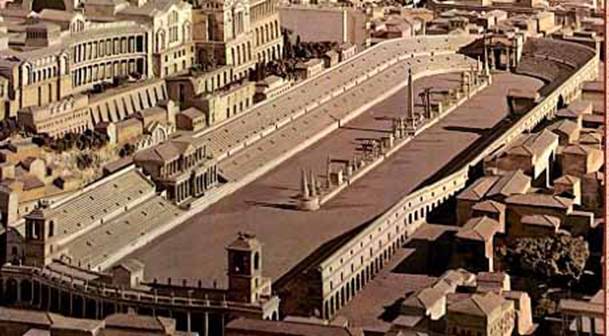
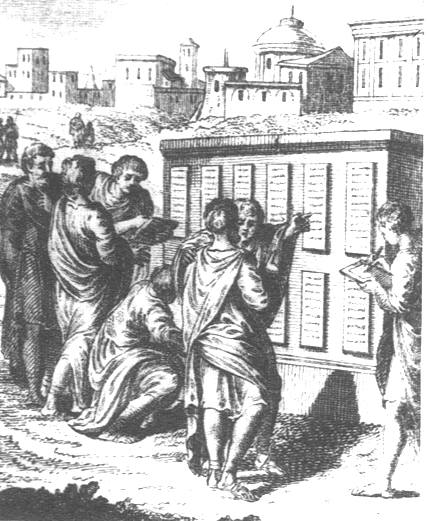


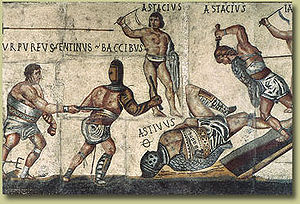
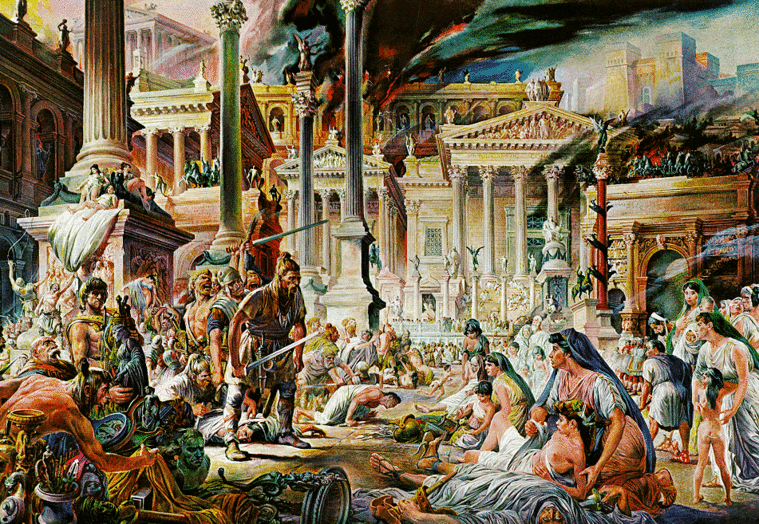
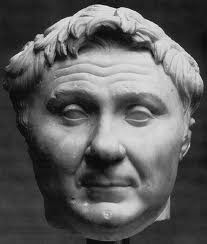
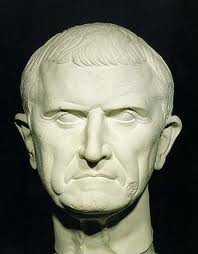

Skip to 1:05